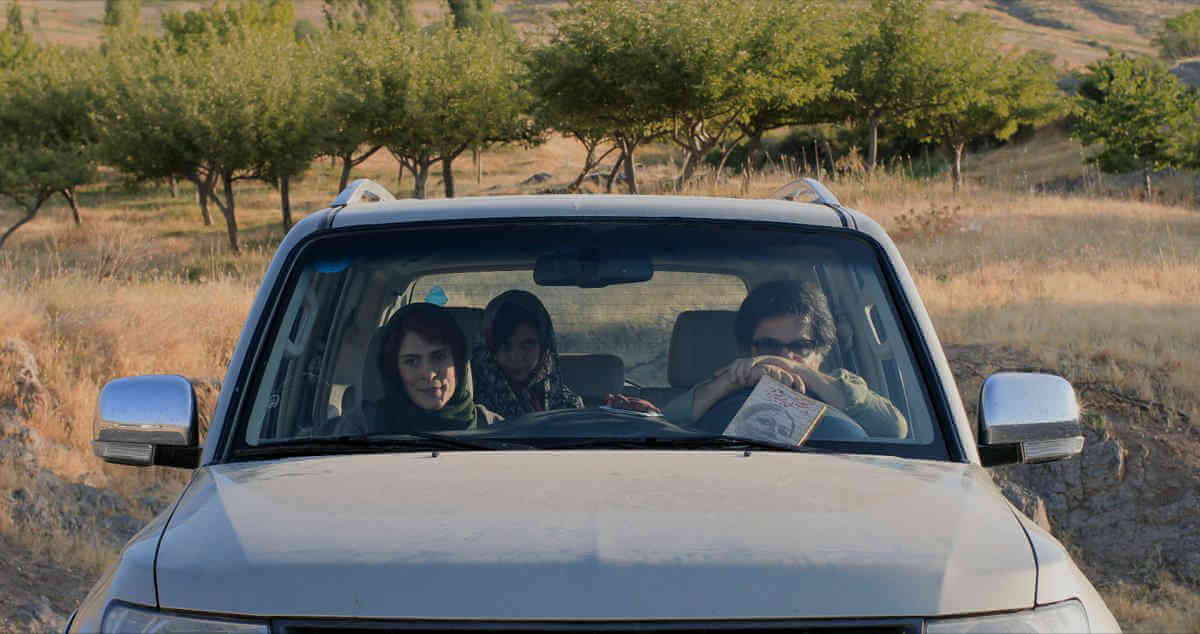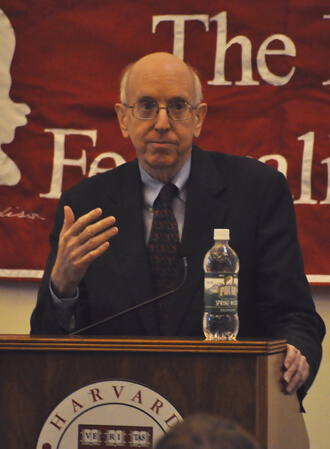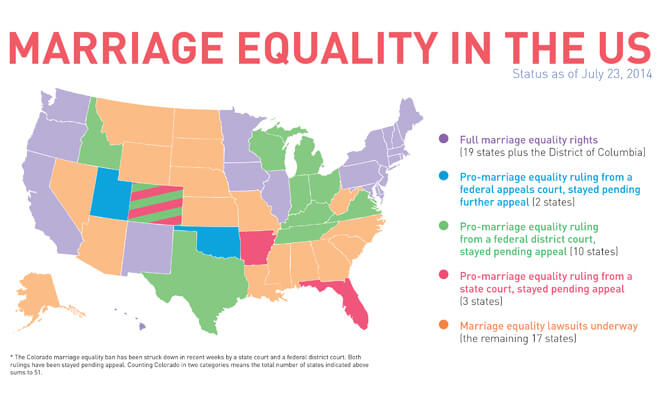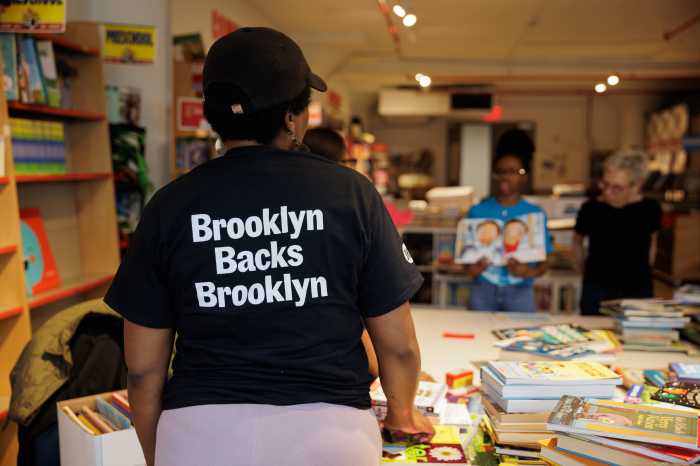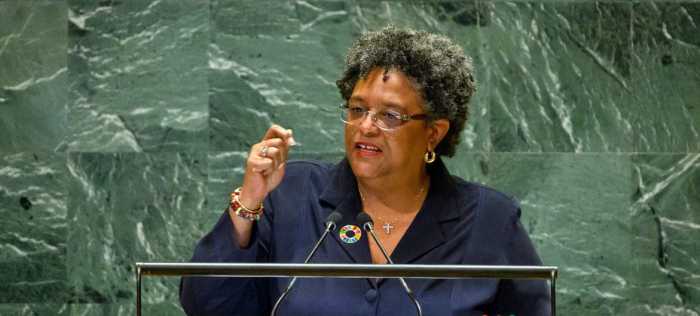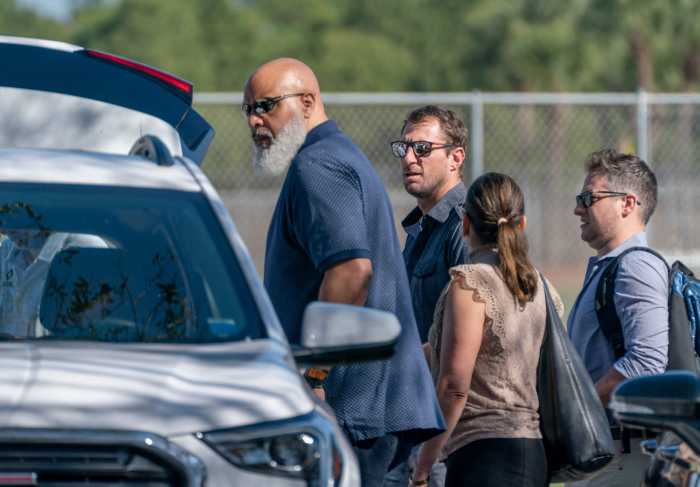The fall festival circuit — which includes Telluride, Venice, Toronto, and our own city’s film festivals — has become the beginning of the film industry’s Oscar campaign. The past five years’ Best Picture Oscars have all gone to films that were genuinely independent or produced by “indie” divisions of studios. “The Shape of Water,” “Moonlight,” and “12 Years A Slave” needed festivals and arthouses to get initial buzz, even if they wound up in wide release. The New York Film Festival showed the latter two films.
While this year’s lineup includes only two films distributed by conventional studios like Fox and Sony (Yorgos Lanthimos’ “The Favourite” and Tom Volf’s “Maria by Callas”), it’s clear Netflix and Amazon now have more influence on American culture than Sony or Paramount. Continuing a trend from last year, the festival includes six films distributed by Netflix and one Amazon Studios release. Netflix has shown its apathy toward theatrical runs for films it owns, and the festival may be your best bet for seeing the Coen brothers’ “The Ballad of Buster Scruggs” or Orson Welles’ “The Other Side of the Wind” (shot in the 1970s, but only edited this year) on a screen larger than a TV.
While it’s a vain hope, I wish the Oscar talk didn’t draw the media oxygen away from a film as strong as Ulrich Köhler’s surprisingly upbeat apocalyptic fantasy “In My Room,” which will never get the Academy’s attention.
As far as LGBTQ cinema, “The Favourite” is a misanthropic tale of lesbian competition in 18th-century England; out gay French director Christophe Honoré’s “Sorry Angel” tells a 1990s love story between an HIV-positive man and a younger college student; the late gay Filipino director Lino Brocka’s 1975 “Manila In the Claws of Light” will be shown in the “Retrospectives” sidebar; and out gay Taiwanese director Tsai Ming-liang serves up the non-narrative film “Your Face.”
Iranian director Jafar Panahi was a protégé of the late Abbas Kiarostami, who wrote his debut film “The White Balloon” and the screenplay for his later neo-realist crime drama “Crimson Gold.” Kiarostami’s ghost hangs all over Panahi’s “3 Faces” (Oct. 8 at 5 p.m., Alice Tully Hall; Oct. 13 at 8:30 p.m., Walter Reade Theater) but rarely does Panahi make anything new from it. The other key fact in Panahi’s career is that he was arrested by the Iranian government and sentenced to a 20-year ban on directing, screenwriting, traveling outside the country, and giving interviews. He’s gone on to violate all these edicts except the travel ban — “3 Faces” is the fourth film he’s directed since his being silenced.

The narrative sends Panahi (playing himself for the third time since his arrest) and actress Behnaz Jafari (also playing herself) to the rural, Turkish-speaking village where his real-life mother was born after Jafari receives a video depicting a teenage girl hanging herself because her family won’t let her perform in film. Panahi works better when he adopts a light touch but here his style relentlessly copies Kiarostami’s tendency to film his characters in cars and shoot long shots of roads. The final scene of his film refers overtly to the final shot of Kiarostami’s “Through the Olive Trees,” although it arguably puts a subversive twist on it by depicting a woman racing to meet another woman. Still, “3 Faces” never finds its own identity separate from the influence of Panahi’s mentor.
Ever since Trump’s election, the media has cast a spotlight on the rural Midwest, in a way that reduces the region’s people to a crude stereotype: culturally conservative working-class white Christians with a weakness for opioids. Frederick Wiseman’s “Monrovia, Indiana” (Sep. 30 at noon, Walter Reade Theater; Oct. 1 at 6:30 p.m. Elinor Bunin Munroe Film Center) confirms these received notions in some ways but complicates them in others. As usual, Wiseman has made a lengthy documentary that avoids overt editorializing — he’s stayed true to his no-voiceover, no-interview style for more than five decades — but still engages with politics subtly and cautiously. But Wiseman speaks more through his mastery of framing and cutting, making even bureaucratic talk or a 15-minute view of a Masonic rite compelling (while unmistakably pointing out Monrovia’s compulsory Christianity). Wiseman, now 88, is one of America’s greatest living directors, but “Monrovia, Indiana” isn’t one of his major films; it lacks the hypnotic intensity of his far bleaker early work or even last year’s “Ex Libris — The New York Public Library,” whose 197 minutes passed by quicker than many much shorter movies. Yet it shows him addressing crises of the moment, down to ending with a funeral as though trying to capture a solar eclipse’s reflection safely and indirectly.
Honoré’s “Sorry Angel” (Sep. 30 at 8:45 p.m., Alice Tully Hall; and Oct. 1 at 8 p.m., Walter Reade Theater) has echoes of the 2017 NYFF pick “BPM (Beats Per Minute)” from Robin Campillo in its setting among gay men, many HIV-positive, in early ’90s Paris, but it avoids overt politics. (In fact, one character dismisses ACT UP meetings, which the first half of “BPM” revolves around, as a bore.) It tracks the slow development of a relationship between writer Jacques (Pierre Deladonchamps), who is taking care of his dying partner while suffering serious infections himself, and college student Arthur (Vincent Lacoste). Even if they were alive today, with legal same-sex marriage and effective treatment for HIV, they wouldn’t be headed for lifelong monogamy together.
Still, there is something implicitly political in the way “Sorry Angel” ignores biological ties — Jacques is very bitter at his parents for reasons he fully never explains but that the audience can guess — in favor of showing how lovers, ex-lovers, and friends form a network that takes care of each other. It depicts the period as both sexually charged, with Arthur singing the praises of cruising public toilets and sleeping with both men and women, and filled with a sense of danger: it seems to end just before protease inhibitors were developed. Honoré directs the film elegantly, employing blue-tinted cinematography and using cinephiliac touches like a visit to François Truffaut’s grave and a poster for a Léos Carax film on a wall.
56TH NEW YORK FILM FESTIVAL | Film Society of Lincoln Center | Sep. 28-Oct. 14 | filml


